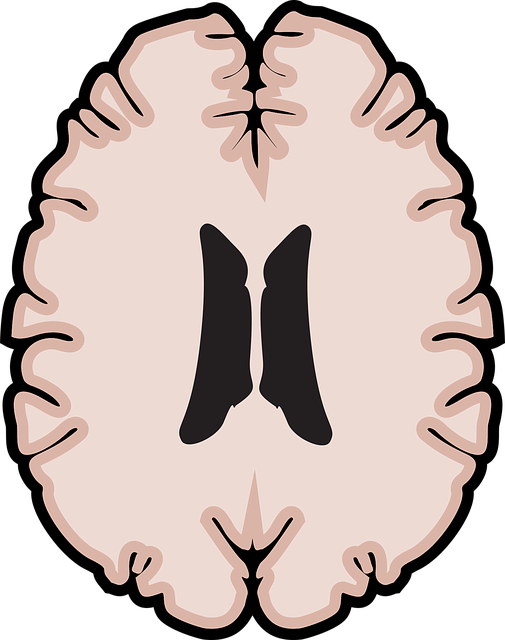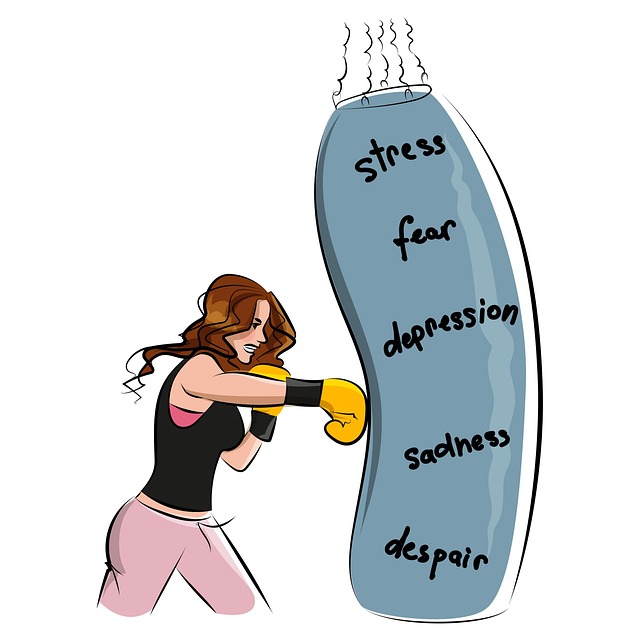Aurora Adjustment Disorder (AAD) significantly impairs individuals' coping mechanisms post-significant life changes or stress, necessitating a nuanced marketing approach. Mental wellness apps can appeal to AAD sufferers by offering tailored features like stress reduction techniques and personalized therapy sessions, as well as a Mental Wellness Podcast Series. SEO keywords like "Aurora Adjustment Disorder Therapy" help reach this audience effectively. In the competitive digital mental wellness market, apps should highlight unique features, emotional intelligence tools, and risk management planning for professionals to attract and retain users. Marketing strategies include targeted social media ads, user testimonials, live webinars, email campaigns, and integrated content to position apps as comprehensive AAD therapy solutions.
Unwind the complexities of Aurora Adjustment Disorder with a tailored mental wellness app marketing strategy. This guide explores effective approaches to target specific audiences struggling with this unique challenge. We’ll craft a compelling narrative, highlighting your app’s unique value in offering personalized therapy for Aurora Adjustment Disorder. Discover optimal marketing channels and engagement tactics to reach, educate, and support those seeking relief. Empower users on their journey towards mental wellness.
- Understanding Aurora Adjustment Disorder and Target Audience
- Crafting a Unique Value Proposition for Your App
- Marketing Channels and Engagement Tactics for Maximum Impact
Understanding Aurora Adjustment Disorder and Target Audience

Aurora Adjustment Disorder (AAD) is a mental health condition that affects individuals’ ability to cope with significant life changes or stressful events. It’s characterized by feelings of severe distress, anxiety, and depression that persist for an extended period after an adjustment period should have concluded. Targeting users experiencing AAD in your marketing strategy requires a nuanced approach.
By understanding the specific challenges faced by those dealing with this disorder—such as difficulties in adapting to new situations, heightened anxiety, and emotional regulation problems—you can tailor your mental wellness app’s features and messaging accordingly. Promote aspects of your app that offer effective stress reduction methods, resilience-building exercises, and personalized therapy sessions to appeal to this audience. Additionally, consider incorporating a Mental Wellness Podcast Series Production within your app, providing valuable insights and tips on managing AAD in an engaging format.
Crafting a Unique Value Proposition for Your App

In today’s digital age, mental wellness apps are becoming increasingly popular as people seek convenient and accessible ways to improve their emotional well-being. To stand out in a crowded market, crafting a compelling unique value proposition (UVP) is essential. Your UVP should clearly communicate the benefits your app offers compared to competitors like Aurora Adjustment Disorder Therapy. Focus on what sets your app apart, be it its innovative features, personalized approaches to therapy, or specialized programs tailored for specific disorders.
Emotional Intelligence and self-esteem improvement are key areas many users are interested in. Highlighting tools within your app that enhance these aspects can attract a wide audience. Additionally, consider the importance of risk management planning for mental health professionals. Incorporating features that support safe and effective practice can differentiate your app and appeal to this niche market. Remember, a strong UVP not only attracts users but also fosters user retention by demonstrating the app’s unique and valuable role in their mental wellness journey.
Marketing Channels and Engagement Tactics for Maximum Impact

In today’s digital age, marketing a mental wellness app like Aurora Adjustment Disorder Therapy requires a multi-faceted approach to engage users effectively. Social media platforms such as Instagram and Facebook offer powerful tools for targeted advertising, allowing apps to reach specific demographics with tailored content. By leveraging user testimonials, success stories, and expert insights shared through engaging video content and blog posts, the app can build trust and credibility among potential clients seeking self-care practices and self-esteem improvement.
Additionally, email marketing campaigns can serve as a direct line of communication with existing users, promoting new features, offering exclusive discounts on premium services, and encouraging referrals. To foster continuous engagement, the app should implement interactive tactics like live webinars or online support groups led by mental health professionals, addressing topics relevant to their target audience. By integrating these risk management planning strategies for mental health professionals into the marketing mix, Aurora Adjustment Disorder Therapy can position itself as a comprehensive solution for users on their journey towards improved mental wellness.
In developing a marketing strategy for an Aurora Adjustment Disorder therapy app, it’s crucial to understand both the unique needs of your target audience and the competitive landscape. By crafting a compelling unique value proposition and leveraging the right marketing channels, you can effectively reach those seeking support for this often-overlooked condition. Remember, successful marketing means more than just promoting; it’s about fostering meaningful connections and providing relief to those navigating Aurora Adjustment Disorder. Integrating SEO keywords like “Aurora Adjustment Disorder Therapy” into your strategy ensures visibility among those in need, ultimately enhancing your app’s impact.














